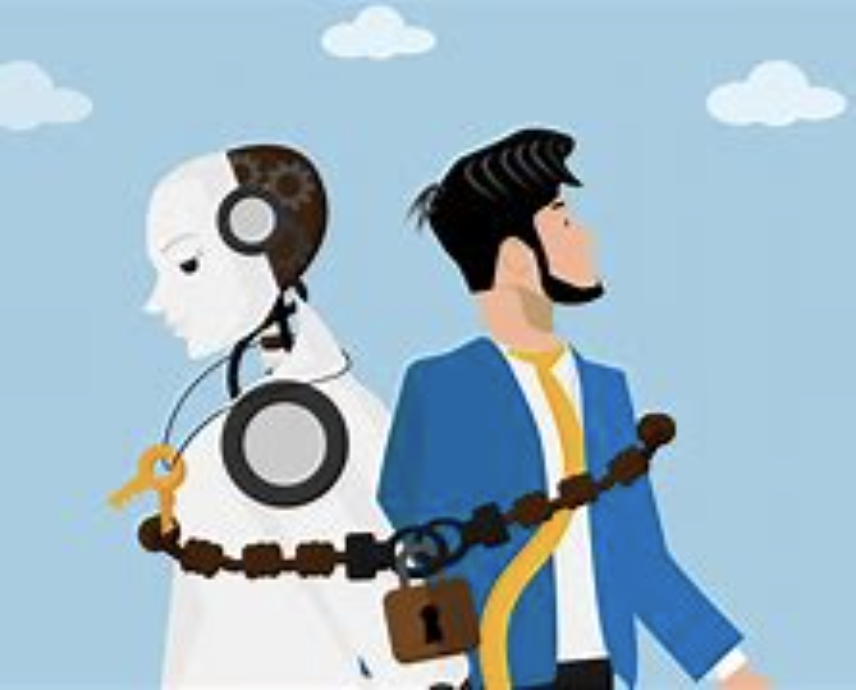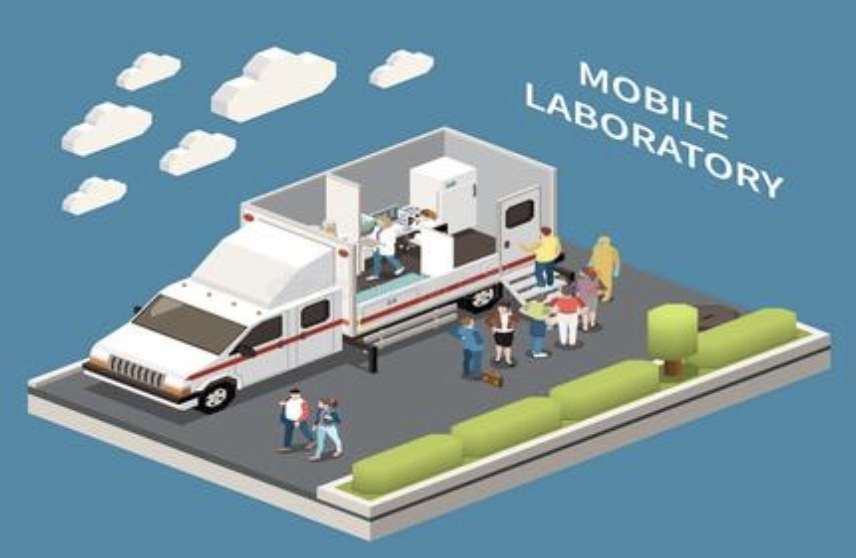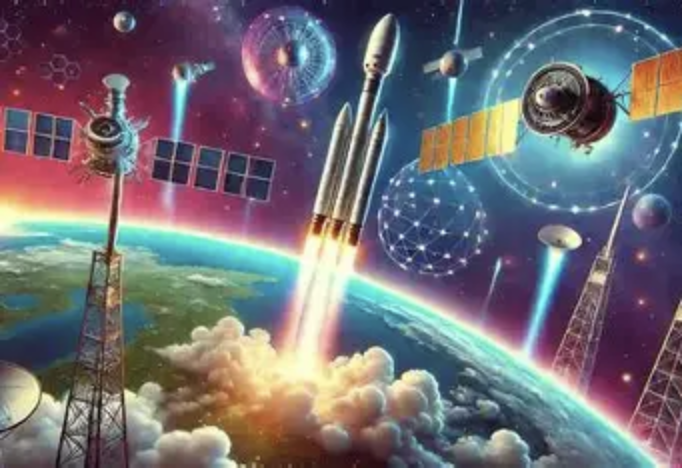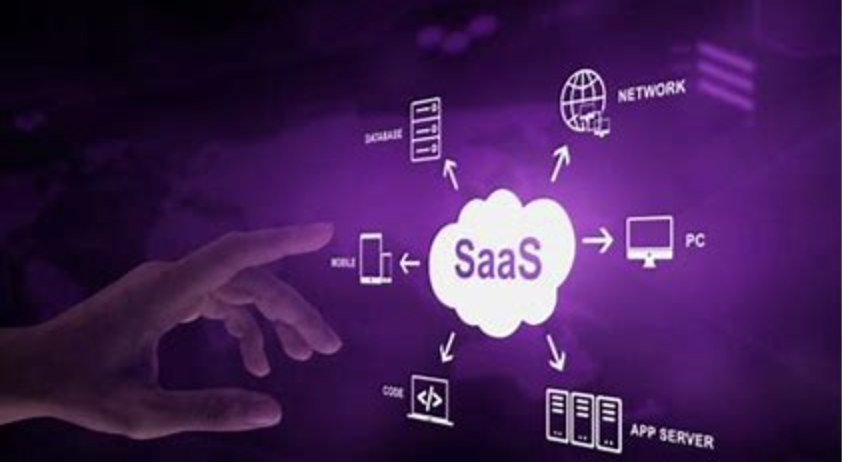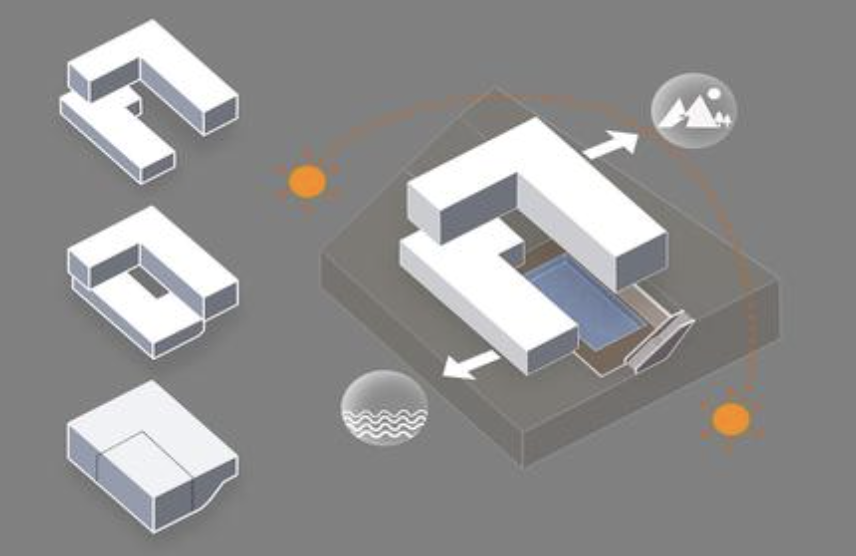Digital Labor: What will the future work of human beings look like in the AI era?
Have you ever found that in the coffee shop you patronize most recently, the robot that orders has been more enthusiastic than the clerk; The taxi software you are used to using, the dispatching system behind it knows the traffic situation better than any driver. We are witnessing a silent revolution. There are no rumbling machines and no smoke from chimneys, but it is reshaping our work in an unprecedented way-this is the era of "digital labor" dominated by algorithms and artificial intelligence. We used to think that automation would only replace repetitive and boring manual labor, but now it is touching those areas that we regard as "exclusive to human beings": creative writing, data analysis and even customer service.
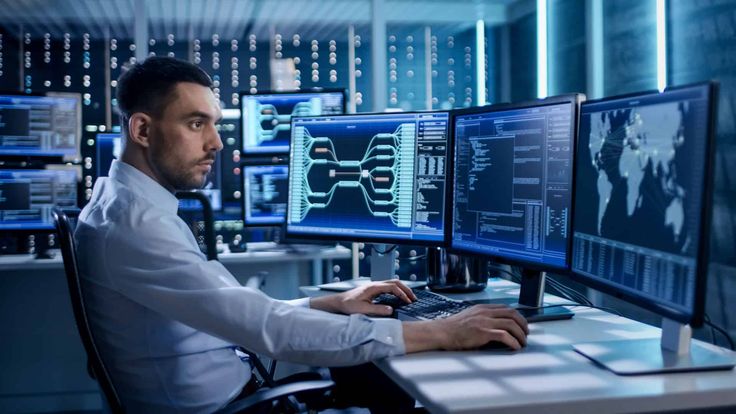
This makes us ask: When AI becomes the most accurate advertising copywriter, the most efficient software code writer, and even a virtual psychological counselor with more empathy than human beings, what will our "work" be? We are facing an unprecedented identity crisis: if machines can complete the tasks we are good at with lower cost and higher efficiency, how will the value of human beings be reflected? The traditional career path is disintegrating, and those once golden rice bowls are being replaced by lines of code.
But this is not a doomsday prophecy. History tells us that every technological revolution is accompanied by the disintegration of the old order and the birth of new opportunities. The steam engine makes farmers workers, and electricity makes workers walk into factories, and AI may liberate us from the status of "repetitive workers" and become a brand-new species, "engineers of digital souls".
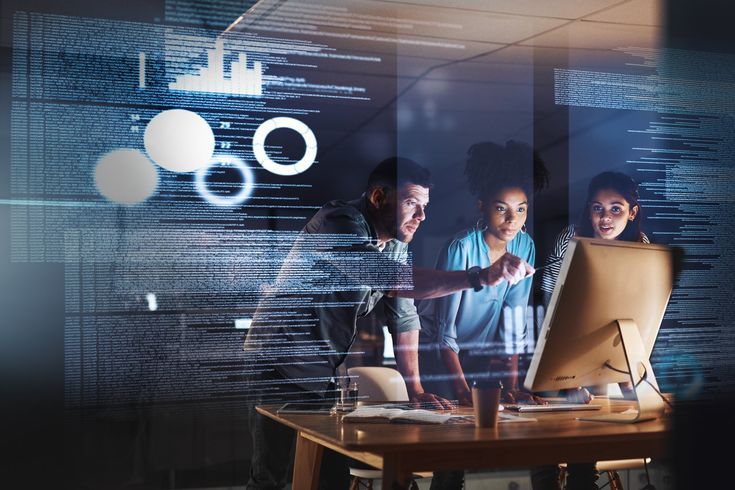
The future work may no longer be a simple task execution, but a higher level of creation and cooperation. Our role will change from "executor" to "designer" and from "repeater" to "curator". Imagine that in the future, you may no longer need to write a long report in person, but use AI to generate the first draft, and then focus on polishing the creativity and emotion, giving it a unique temperature for human beings. You don't need to look for patterns in massive data, but use the powerful analytical ability of the algorithm and then turn these insights into practical business strategies or social solutions.

More importantly, the future work will pay more attention to cross-disciplinary integration. Art and science, humanities and technology, these once distinct boundaries are blurring. We need to cultivate those abilities that AI can't imitate: critical thinking, complex problem-solving ability, empathy, and the core-creativity. Creativity is no longer exclusive to artists, it will become a necessary skill for every profession. We need to learn how to cooperate with AI, regard it as a tool rather than a threat, and use its power to realize our bolder imagination.
Therefore, instead of worrying about being replaced by AI, it is better to think about how to become the irreplaceable person. The future belongs to those who have "digital souls". They know how to harness the power of technology and perfectly integrate data with emotion, logic with intuition. The future work will be a journey of exploring human potential, and we have just embarked on the journey.
(Writer:Haicy)
